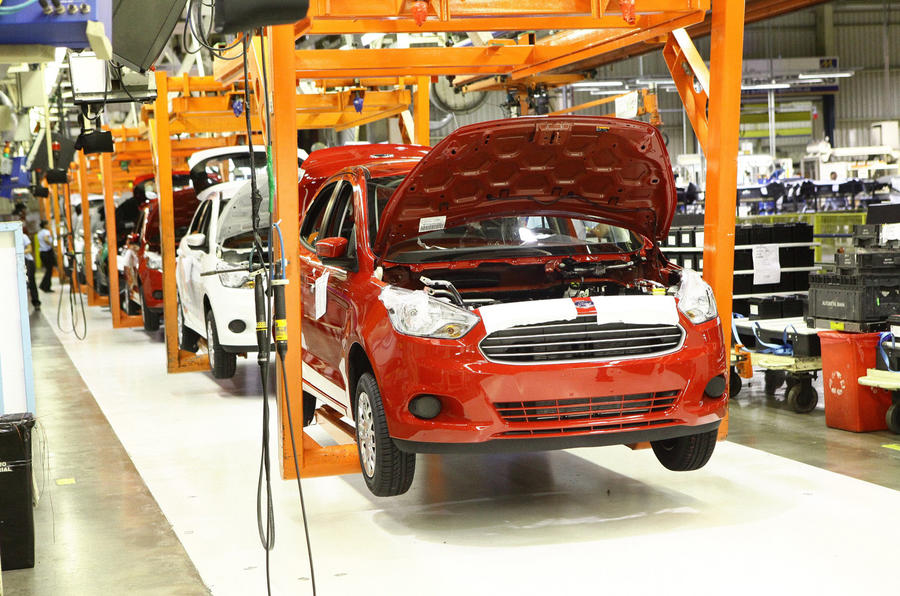Ford will close its three remaining Brazilian production facilities this year as part of an ongoing global cost-cutting programme.
The US brand has maintained a presence in the South American country since 1919, when it began assembling the Model T for the local market, but a radical global restructuring process will result in operations being wound down, with the loss of around 5000 jobs and pre-tax charges to the company of around £3 billion.
At the close of trading on Monday 11 November, Ford shares were up more than 3% in the wake of the announcement.
Two years ago, Ford detailed a plan to cut costs globally by £14bn, including "surplus labour" being curtailed throughout its global production network, but the pandemic is cited as a catalyst for the closures.
Ford South America president Lyle Watters said that although there have been "improved results over the past four quarters," the "continued unfavourable economic environment" necessitated the measures.
Vehicle production at the brand's Camaçari and Taubaté sites has stopped with immediate effect, although each will continue to produce parts for several months to support the aftermarket, while the Troller SUV production line will remain open until the last quarter of this year.

The production sites aren't earmarked for immediate demolition, and Ford said it will "continue to facilitate possible and reasonable alternatives for interested parties to purchase the available production facilities".
Models built in Brazil include the Ka+ supermini, which exited the European market in 2019, and the Ford Ecosport small SUV, European examples of which were built in Romania.









Join the debate
Add your comment
Good on Ford for leaving that corrupt and human-rights-abusing place. Now they should seriously consider returning to manufacturing in the UK one of their most loyal and reliable customer base.
You celebrate 5000 jobs lost (and many more in the supply chain) because of a corrupt regime. Touch heartless don't you think?